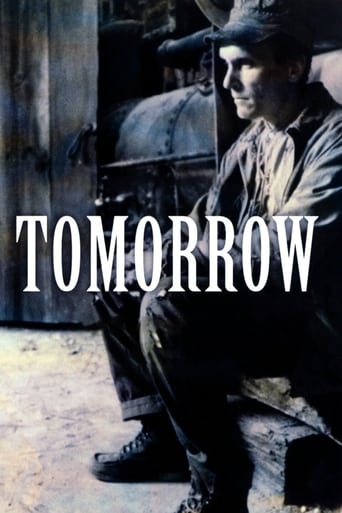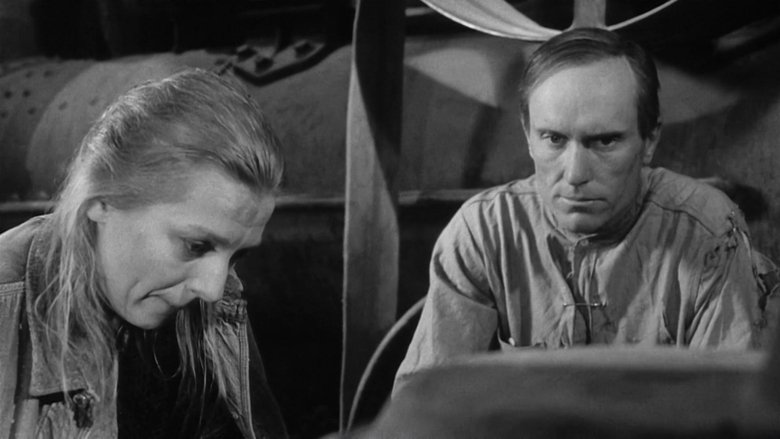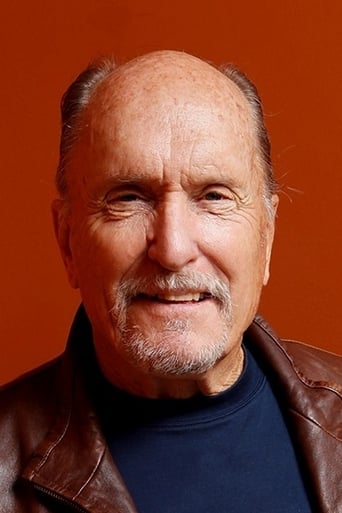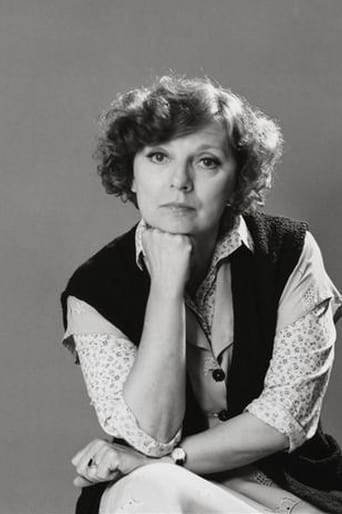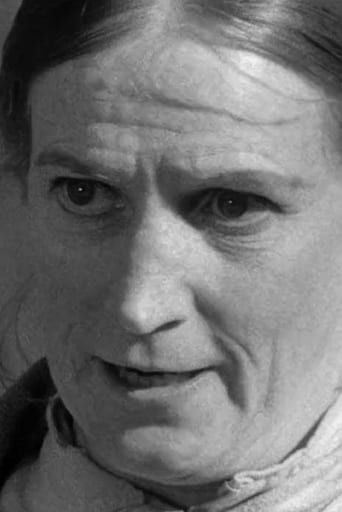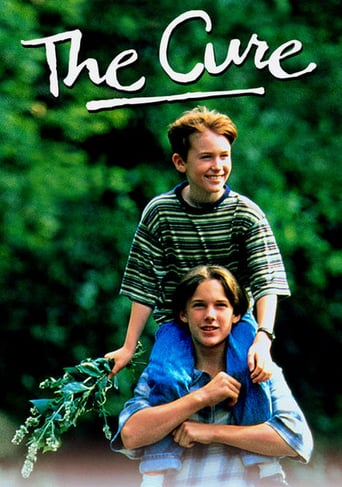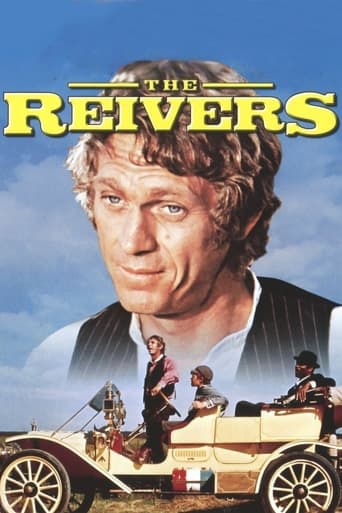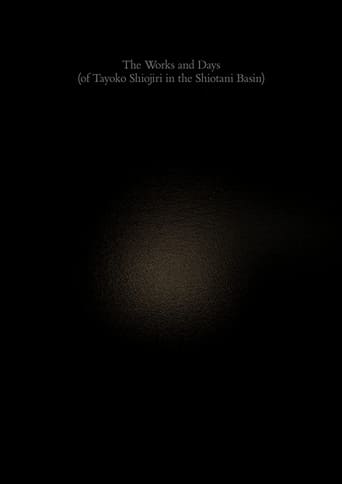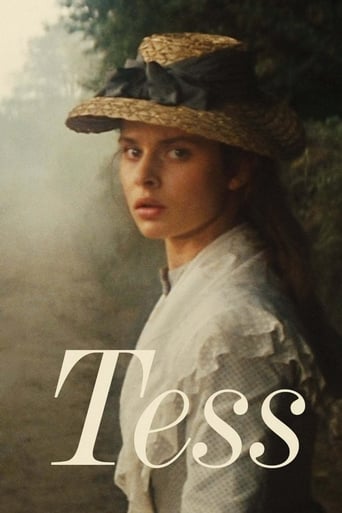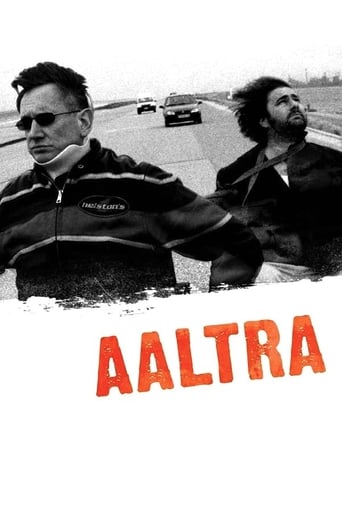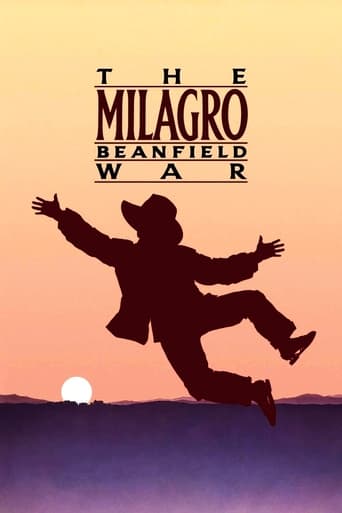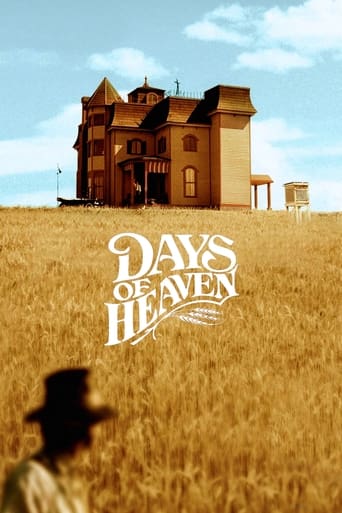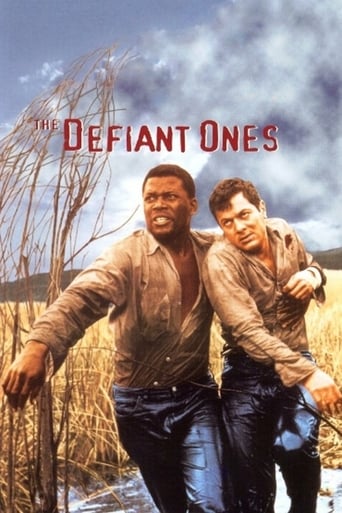Tomorrow (1972)
A lonely farmer takes in a pregnant woman and looks after her. After she gives birth, tragedy strikes.
Watch Trailer
Free Trial Channels
Cast


Similar titles
Reviews
Very well executed
Truly Dreadful Film
Self-important, over-dramatic, uninspired.
This movie was so-so. It had it's moments, but wasn't the greatest.
Based on the 1940 story by William Faulkner, Horton Foote's screenplay captures the essence of Faulkner's vision of Deep South in the aftermath of the Civil War and Reconstruction.Robert Duvall delivers an unforgettable performance as Jackson Fentry, a humble farmer leading a hardscrabble life with his father. While serving as a caretaker at a ramshackle saw mill, Fentry unexpectedly finds an exhausted, pregnant woman at his doorstep. After playing the role of good samaritan, Fentry begins to raise the infant child delivered in his makeshift living quarters. A priest arrives and marries the couple. Shortly thereafter, the woman dies, and Fentry devotes his heart and soul to the upbringing of the little boy.The final portion of the film delivers an even greater emotional punch when the boy, named "Jackson Longstreet" after the Southern Civil war generals under whom Fentry's father served. The film's framing device is a murder trial of a man who eventually shot and murdered Jackson Longstreet. The dramatic tension of the ending comes from the selection of Fentry as one of the jurors in the trial.The film brilliantly conveys the world of Faulkner with the unforgettable characters. Sudie Bond is magnificent as the midwife, and Olga Bellin is equally stunning as the pregnant woman seeking to flee from her reprobate husband. The stunning black-and-white cinematography is especially dynamic in the lighting effects, illuminating Bellin's face during her anguished death after childbirth. Above all, the film is worth viewing for Duvall, especially his vocal characterization. It is small wonder that writer Horton Foote and Duvall became virtual soul mates in later films.
Maybe I was over-hyped the first time, but this grew considerably in emotional power on 2nd viewing. Robert Duvall is remarkable in this sweet, simple adaptation of a William Faulkner story by play write Horton Foote. Granted the the female lead (in what's essentially a film of a 2 character play) isn't quite as strong. But the story of a dirt poor depression farmer taking in a pregnant woman is so devoid of Hollywood sentimentality that it's familiarity is overwhelmed by it's nuanced humanity. Very well shot in black and white on an tiny budget, it's certainly an intelligent, worthwhile movie, with many very touching moments.
Based on a William Faulkner story, this movie has the dark, gloomy, but realistic look of his work. The art direction, lighting, and costume design shows that this is a low-budget film, but it doesn't make it corny. In fact, this adds much to the authenticity of what the South was like in the late 1800s. In addition, the film is in black and white; this helps make the depressive mood of the story.Like much of Faulkner's writing, the film is done in flashback form. It opens with a murder of a young man and the trial of the man who committed the killing. It then goes back twenty years earlier to a poor, Southern farmer, Jackson Fentry.Robert Duvall is simply wonderful as Fentry, a man who is cut off from most of the world. His character is lonely but yet a naive and caring individual as he finds an ill pregnant woman (Olga Bellin) while working on a farm as a caretaker. He takes her in and cares for her. Everything seems normal for awhile, but then two tragedies happen they lead up to the present opening of the film. Everything is tied in together nicely, making a great, yet sad ending. It brings up the questions: Which is better for a child? Heredity or environment? This sounds like an excellent film that I would give a 10/10. But what made me give it a 7 was the pace. The movie was incredibly slow. This is no action, and I knew it wasn't one, but the dry, drawling, Southern monotones that the actor's spoke made it boring.
This is an incredible film. Not only is it a near perfect visualization of something quite complex, the Faulkner literary style, but it shows Robert Duvall to be the genius that he is. His style is so understated that you might not realize that he is one of the two or three greatest actors alive, but this film will nail that reality home for you. "Tomorrow" is a heartbreaking story set in the deep south a generation after the Civil War, and the tiny sad tale of a man and a woman and their child. It is a tale of profound love felt by people who cannot eloquently express themselves in words due to their social circumstances, but speak volumes with their actions. And so does the film. Shot in a very modernist style, there are long pauses, long glances, uncomfortable silences, all just like real life. And the effect, in this case, is brilliant. I am proud to say that I have, in my life, known a few people like the people in this film, and I can tell you that the portrayals are precisely right. The costumes are flawless in their detail. (Duvall's shirt is held shut with a safety pin, a tiny detail that my grandmother noticed immediately as the way men used to do it when the button fell off - she saw it hundreds of times as a girl in the 20's.) I could go on and on, but if you have any interest in Faulkner, or the South, or post Civil War culture, or the human condition in its most effecting moments, you really owe it to yourself to see this little gem of a movie. You absolutely will not be sorry.

